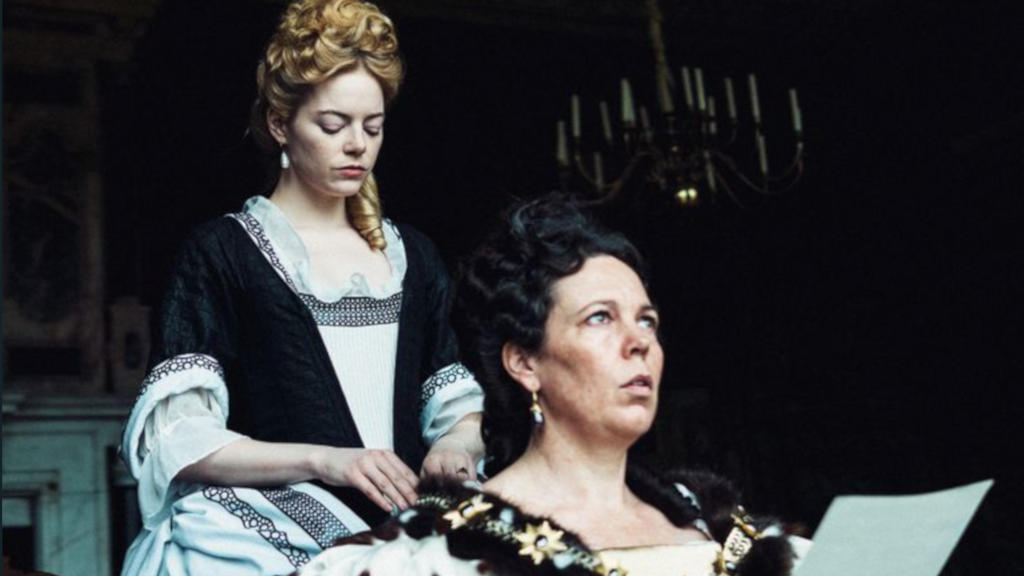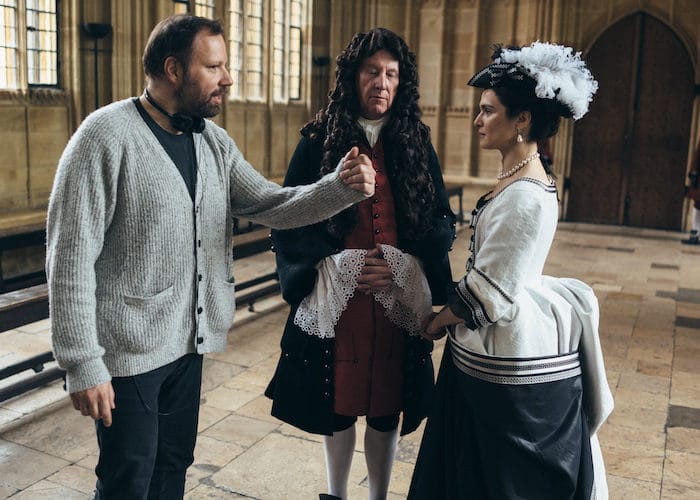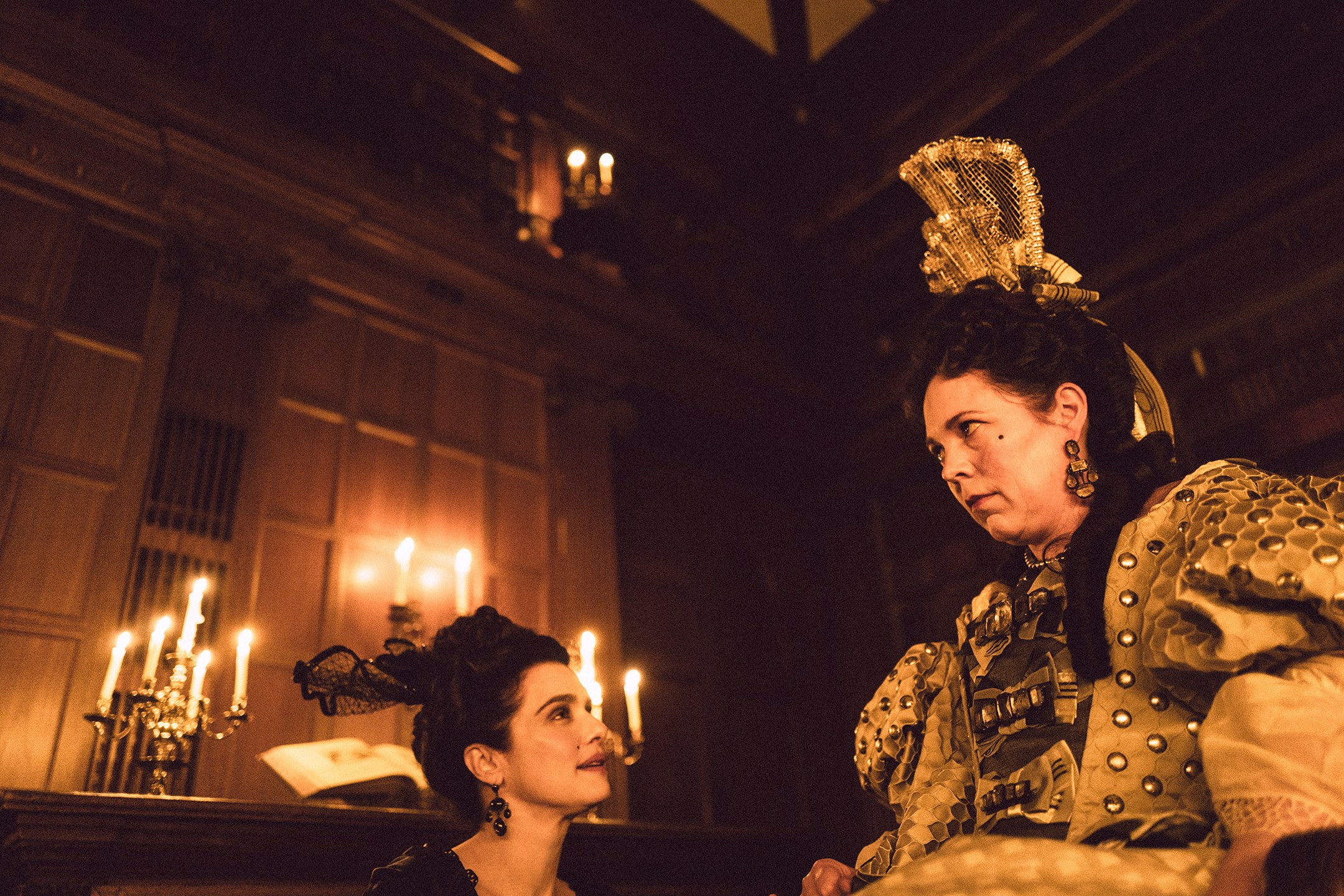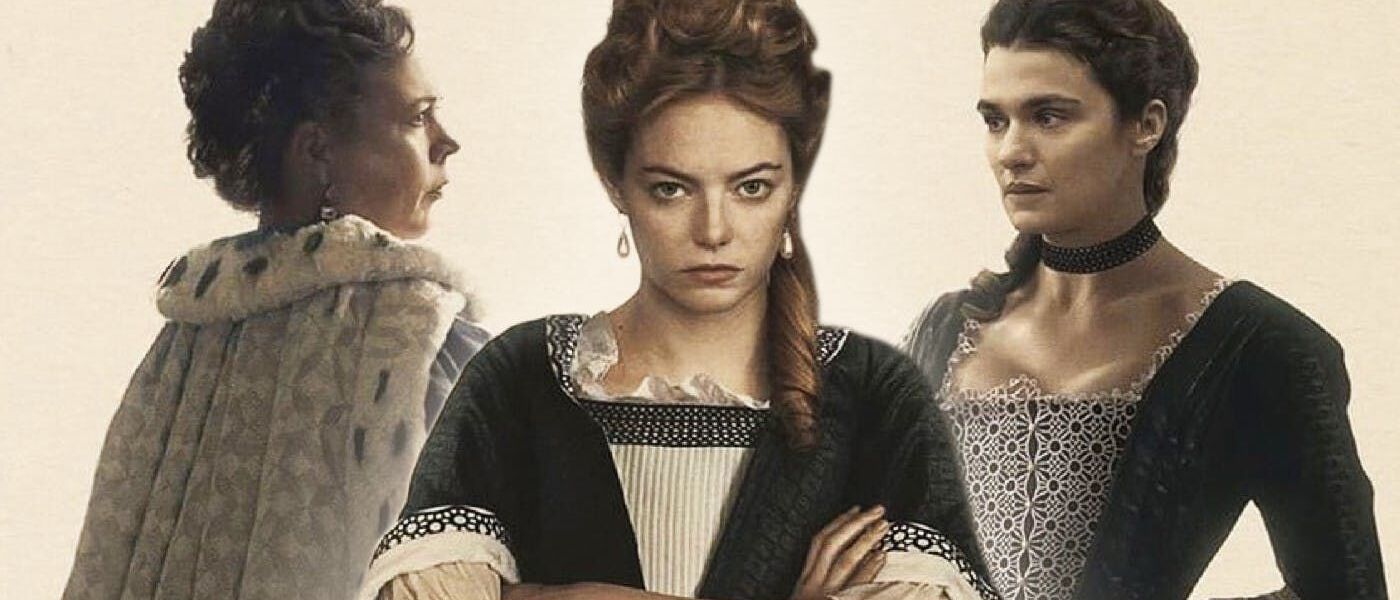


The costume epic “The Favourite” is not only a black-humoured drama, which is settled at the British royal court, if you cut the nobility down to the bare nerve then you can also make a comment on the present far away from the power games, sex and jealousy. And with this director Yorgos Lanthimos’ puts down his very own handwriting on the film world. Those who can open themselves to experimental flicks will get to see something in his latest work that isn’t often offered in the cinema, but you also have to turn a blind eye at many places, as they seem to be bulky. Nonetheless, one can clearly say that these bizarre ideas work, as the creator believes in his own art. And that’s what “The Favourite” is all about – being different and standing out from the crowd.


Like!! Really appreciate you sharing this blog post.Really thank you! Keep writing.